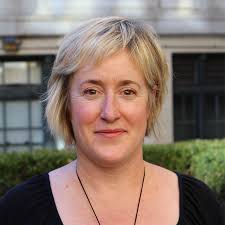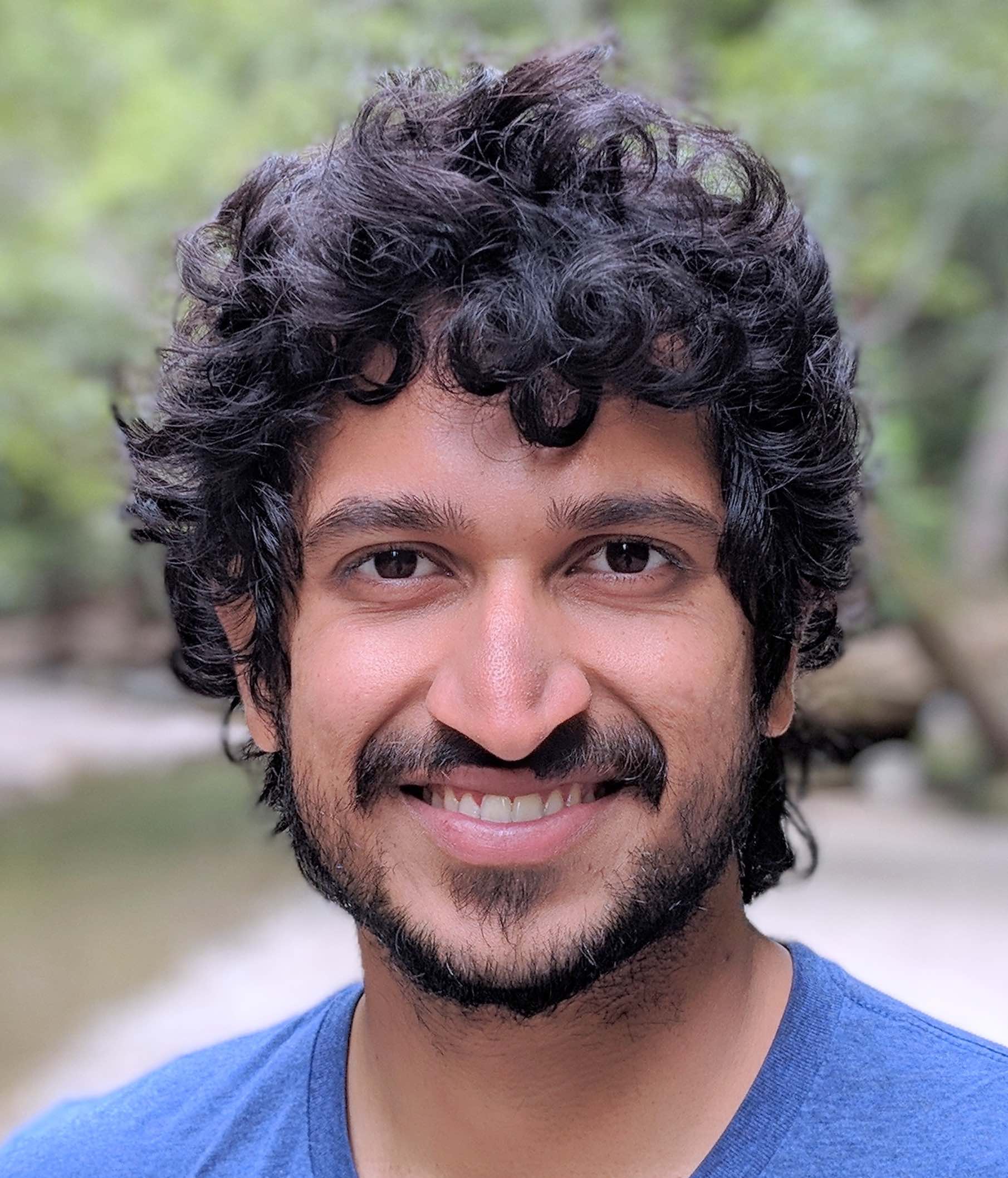Voting: An American Tradition, Fall 2022 (or, psephology: the study of elections)
(history, political science, game theory, statistics, law, policy, mechanism design, e-voting, gerrymandering, polling, hacking, social media, rights, current affairs, etc)
Location/time: Doherty Hall 1112 from 10:10am to 11:30am, Monday and Wednesday.
This class will not be recorded to preserve privacy of participants and their opinions.


Course description
This course investigates the sacred American practice of voting, the cornerstone of American
democracy, using the 2020 election cycle as our laboratory. The course uses a multi-
disciplinary approach, examining the topic from several different perspectives. Team taught by
Professors Ramdas (statistics and machine learning), Seidenfeld (philosophy and statistics), and
Tetrault (history), we’ll investigate social movements to expand the vote, the role of
technology, game theory, polling, predictions, electoral mapping, social media, the structures of
American governance, and more.
Questions include: What is the electoral college? Who gets to vote and why? How well is that
vote accounted for? How can voting systems be compromised? Why is it so hard to predict
who will win? How do people make decisions? How useful are polling & predictions? What
disrupts voting? Why is turnout so low? How does money play a role in the election cycle?
Why do we vote the way we do? How is social media changing elections? What are global best
practices? Did the founders even intend for a mass democracy? (The answer is no!)
Many of you will be first-time, eligible voters in one of the most remarkable presidential
campaigns in American history. We’ll build your skills as new democratic citizens, of this nation
or others, and help you make sense of the history-making U.S. news cycle.
Although it would seem voting might be among the most stable features of American
democracy, it is highly contested, unstable, and fragile. For all these reasons, we need to
understand how voting works, so we can participate in this process (and others) as intelligent
citizens, ready to defend our own political commitments.
A note on partisanship: All political viewpoints are welcome in this class. This is a course on
how we navigate and account for political difference in a diverse, disparate nation. This is
something we’ll practice in class, while we also we study that very process across the nation.
Target audience: This is an undergraduate freshman class (a Dietrich Grand Challenge seminar).
Logistics: The class is on Mondays and Wednesdays from 12-1:30pm in Doherty Hall DH-1211 (and/or Zoom).
Prerequisites: A curiosity for how democracies (attempt to) function.
Additional links
19th Amendment: Past, Present, and Future
The Vote (A PBS 2-part documentary)
State-by-state details on registration, mail-in and early voting (Forbes)
538 election forecast
A parallel CMU course on tracking political sentiment
A parallel UW course on voting
Some news about this course

